Aging is an inevitable part of life, but the rate at which our bodies and skin show signs of aging can be influenced by various factors, including our diet. What we eat plays a crucial role in our body’s overall health and how we age.
Certain foods can accelerate the aging process, making us look older than our years. In this article, we’ll explore ten surprisingly common foods that could be speeding up the clock on your appearance and overall health.
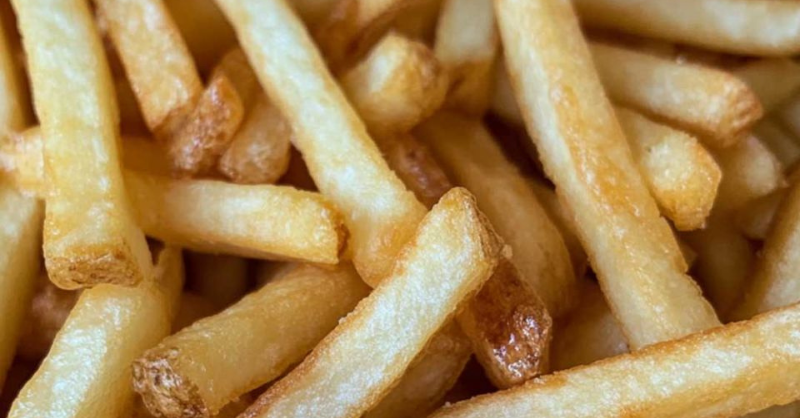
The Hidden Dangers of Processed Foods

Processed foods are a staple in many diets due to their convenience and long shelf life. However, they often contain harmful additives, preservatives, and high levels of salt, sugar, and unhealthy fats. These ingredients can cause inflammation in the body, leading to premature aging of the skin and other organs. Additionally, the high-calorie content of these foods can contribute to weight gain, which is another factor in aging.
Advertisement
Sugary Snacks and Premature Aging
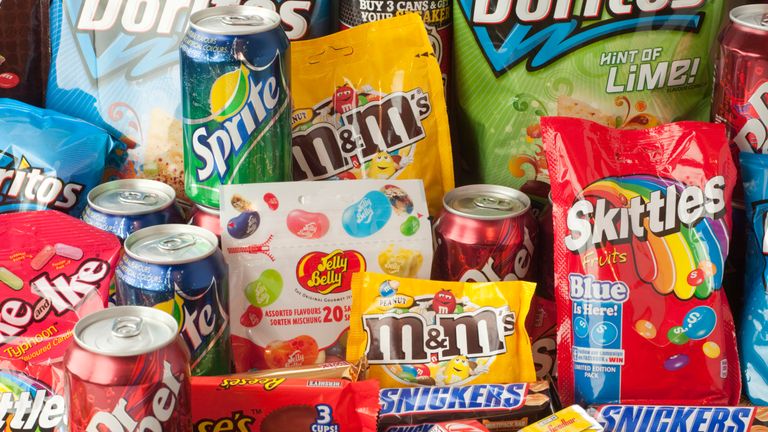
Sugar is known to be one of the worst culprits when it comes to aging. Excessive sugar intake can lead to the formation of advanced glycation end products (AGEs), which damage collagen and elastin in the skin. This results in wrinkles, sagging, and a loss of youthful elasticity. Reducing the consumption of sugary snacks, such as candies, pastries, and sodas, can significantly slow down the skin’s aging process.
Trans Fats: The Unseen Culprits
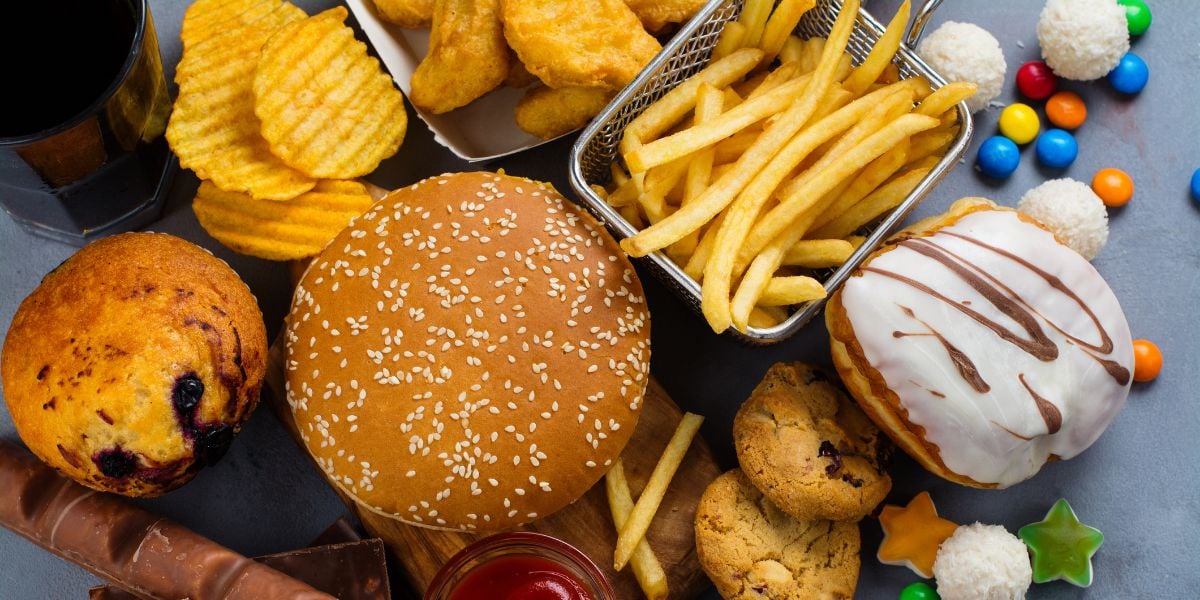
Trans fats are often found in fried foods, baked goods, and many processed snacks. These artificial fats not only raise bad cholesterol levels but also contribute to inflammation and damage to the skin’s cellular structure. The result is a reduced ability for the skin to repair itself, leading to premature wrinkles and a dull complexion. Avoiding trans fats can help maintain a youthful appearance and better overall health.
Refined Carbohydrates and Skin Health
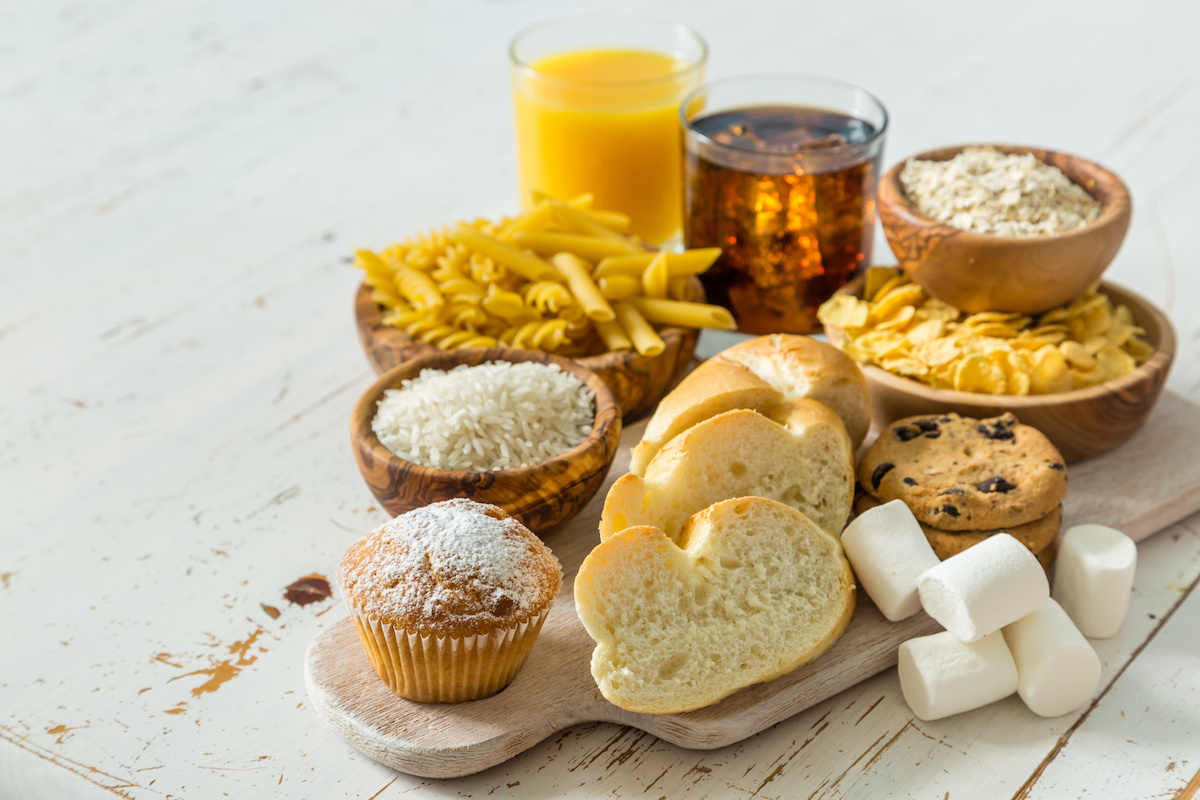
Refined carbohydrates, such as white bread, pasta, and rice, have a high glycemic index, which means they cause rapid spikes in blood sugar levels. These spikes can lead to insulin resistance, which is linked to a host of age-related diseases. Furthermore, high blood sugar levels can weaken collagen and elastin fibers, resulting in sagging skin and wrinkles. Opting for whole grains instead can provide more nutrients and be gentler on your skin.
High-Sodium Foods and Aging Skin
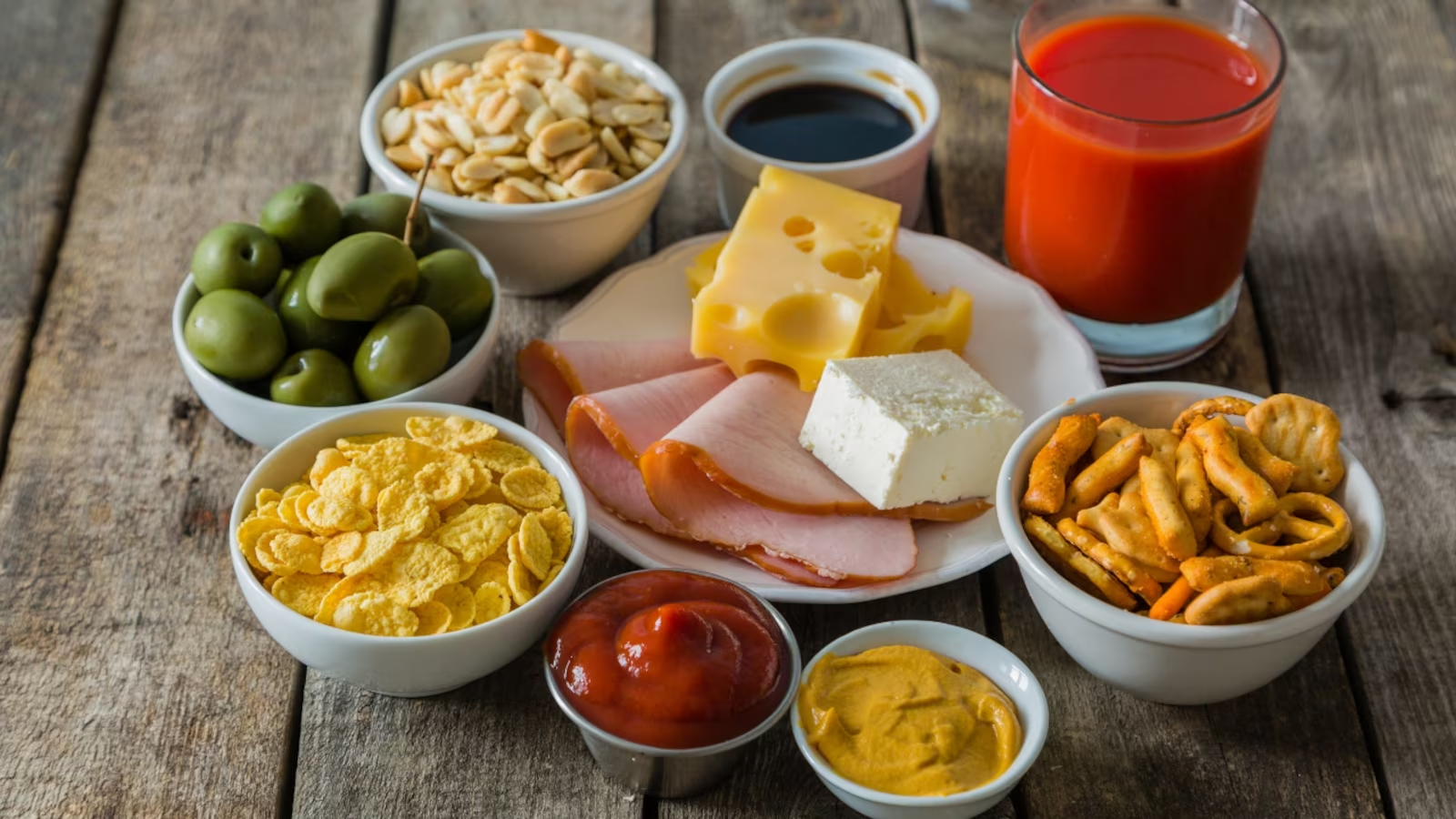
High-sodium foods, such as canned soups, processed meats, and fast food, can cause water retention and puffiness, particularly around the eyes. Over time, a diet high in salt can dehydrate the skin, making it look aged and worn out. It can also exacerbate conditions like high blood pressure, which further contributes to aging. Reducing sodium intake can help keep your skin looking fresh and reduce the risk of various age-related health issues.
Artificial Sweeteners: Friend or Foe?
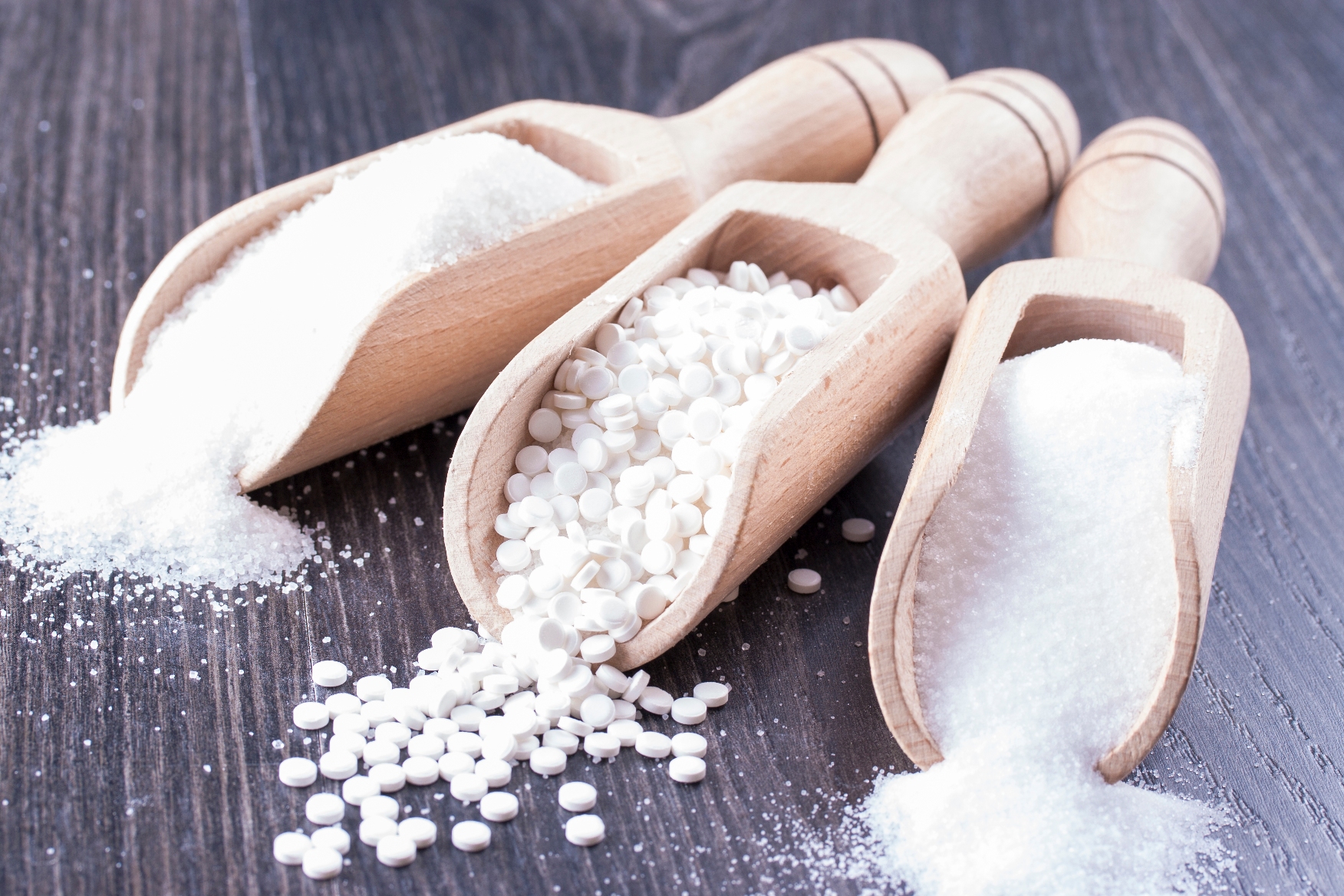
While artificial sweeteners are often marketed as a healthier alternative to sugar, their long-term effects on aging are still being studied. Some evidence suggests that they can disrupt the balance of gut bacteria, leading to increased inflammation and oxidative stress, both of which are aging factors. Additionally, artificial sweeteners can sometimes increase cravings for sweet, unhealthy foods, indirectly accelerating aging. Moderation is key when consuming these products.
Red and Processed Meats: Aging from Within
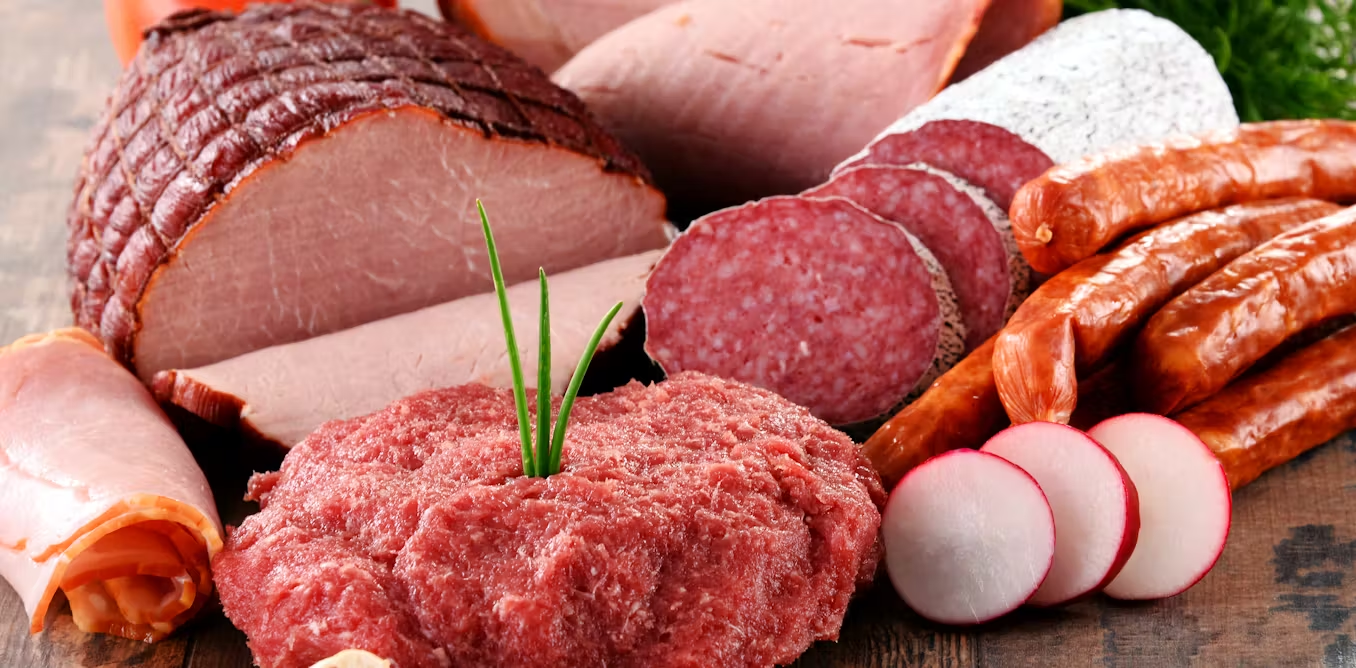
Consuming high amounts of red and processed meats can lead to an increase in the body’s production of harmful compounds, such as advanced glycation end products (AGEs). These meats are often high in unhealthy fats and preservatives, which can contribute to inflammation and oxidative stress, both accelerants of the aging process. Cutting down on red and processed meats and replacing them with lean proteins and plant-based options can promote healthier aging.
Alcohol and Accelerated Aging
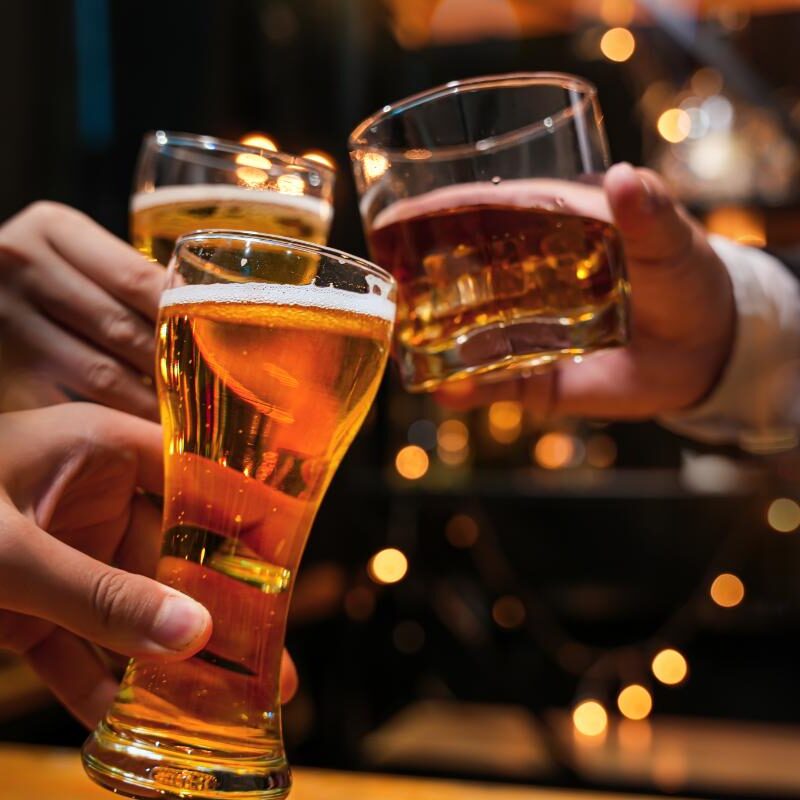
Alcohol can have numerous aging effects on the body and skin. It dehydrates the skin, making it more prone to wrinkles and fine lines. Over time, alcohol can also deplete essential nutrients, lead to liver damage, and increase inflammation within the body. All these factors contribute to an aged appearance and deteriorating health. Limiting alcohol intake and staying hydrated can help maintain a youthful glow.
Fried Foods and Oxidative Stress
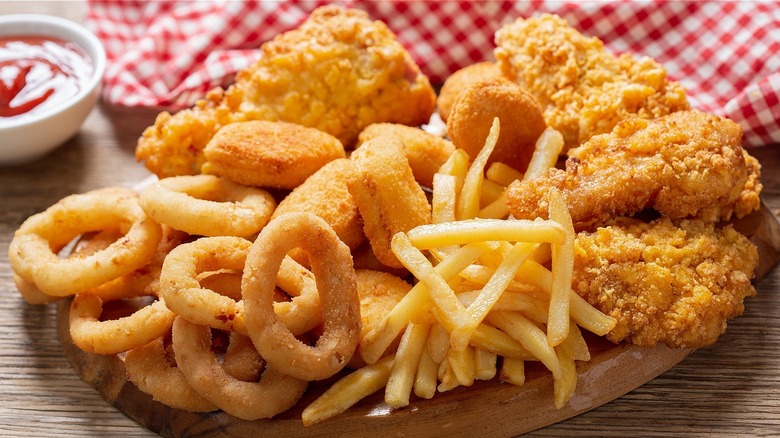
Fried foods are typically cooked in unhealthy oils that can produce free radicals when heated at high temperatures. These free radicals cause oxidative stress, which damages cells and accelerates the aging process. In addition to this, fried foods often contain trans fats, which are harmful to skin health and overall wellness. Opting for healthier cooking methods, such as baking or steaming, can preserve your skin’s youthfulness and vitality.
Caffeinated Beverages and Dehydration Effects

Caffeine, found in coffee, tea, and energy drinks, is a diuretic, which means it can lead to increased urination and dehydration. Dehydrated skin can appear dull, lackluster, and more prone to wrinkles. While moderate caffeine consumption has its benefits, overconsumption can negate these by affecting the skin’s hydration and elasticity. Balancing caffeine intake with plenty of water can help maintain a more youthful complexion.
Conclusion: Choosing Foods for Youthful Aging
While aging is a natural process that cannot be completely halted, making mindful food choices can significantly slow down its visible and internal effects. By focusing on a diet rich in whole, unprocessed foods, healthy fats, and antioxidants, you can nurture your body from the inside out.
Reducing the intake of harmful foods discussed in this article will not only help you look younger but also feel more vibrant and healthy. Remember, true youthful aging comes from a balanced lifestyle that includes good nutrition, regular exercise, adequate sleep, and stress management.

